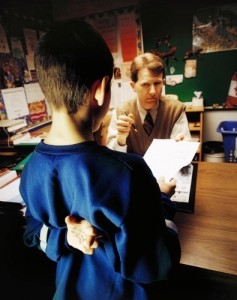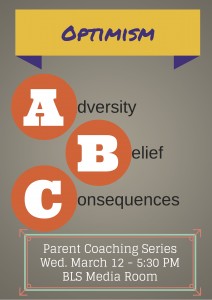
Let us look at the Balanced Life Skills way of dealing with a mistake that we have made. Everyone makes mistakes. Unfortunately both adults and children find it very hard to look at making a mistake in an optimistic point of view. We are worried about how we will look, what others will think about us or how much trouble we are going to get into. Being accountable for our mistakes, recognizing the contribution we have made to the situation shows that we believe we can learn from mistakes and that in the end everything will work out for the best.
- Step one is admitting to our mistake. Not blaming others, making excuses, being accountable.
- Step two is apologizing. “I am sorry.” Three separate words emphasized in the manner that we mean them and not shortened to a quick “sorry” with the inflection in our voice that makes everyone involved question our sincerity.
- Step three is ‘fix it’. Did you spill your drink? – clean it up. Did you lose a friends toy? – replace it.
In our discussions in class though we asked the students how would you ‘fix it” if you did something like yell at your sibling or worse yet at your parents. They were stymied. You can’t fix that, they said.
You can fix it but there is only one way of fixing this kind of mistake. Go through steps one and two, then ask yourself – what must I do to be sure this does not happen again? We all agreed that if we simply say ‘sorry’ and yet we continue to do the same thing over and over again, that no one believes that our apology is very real. Admitting we did something wrong requires that we look deeply at how we can make the changes necessary to be sure that we control our anger, impulses, body and not make that kind of mistake over and over again.
In this way our optimism is well based in our belief that everything will work out for the best.




